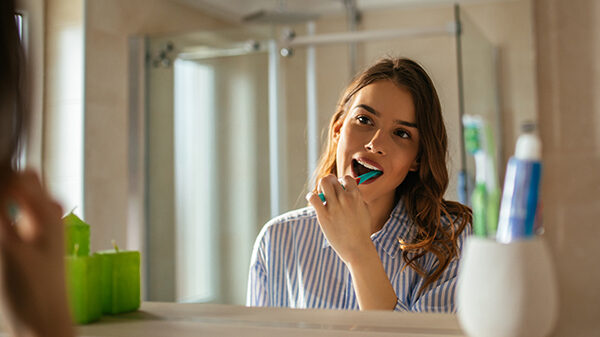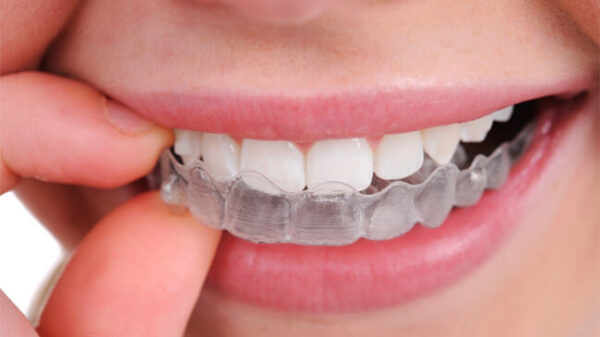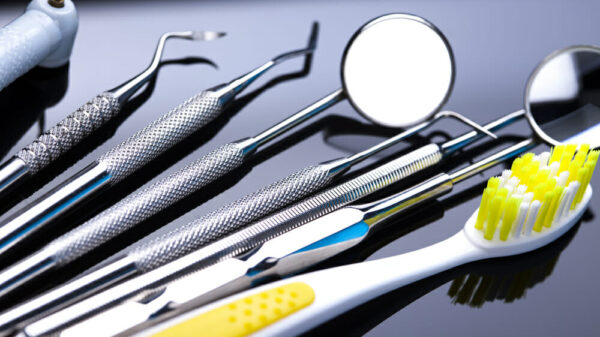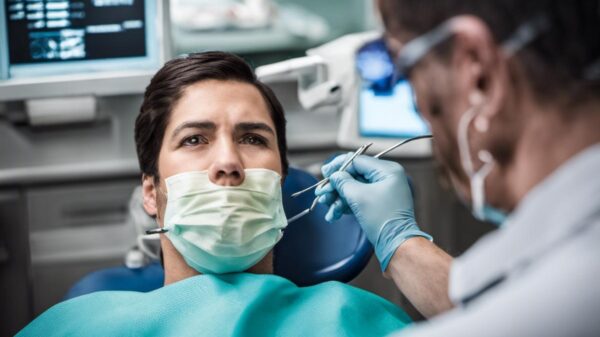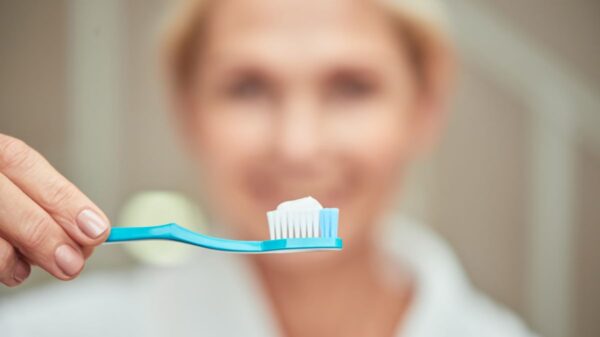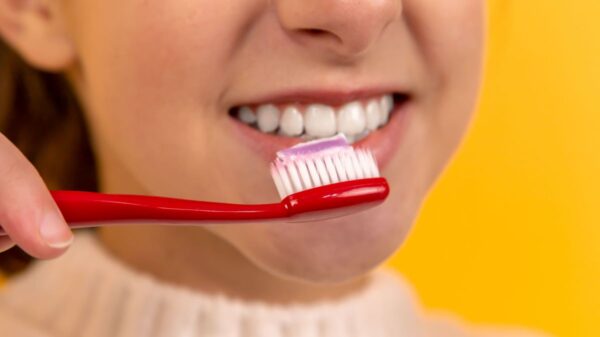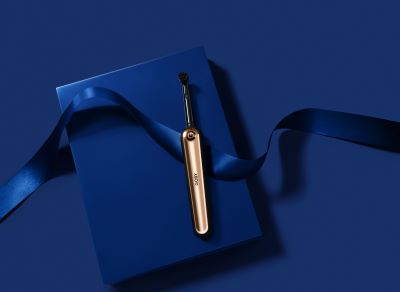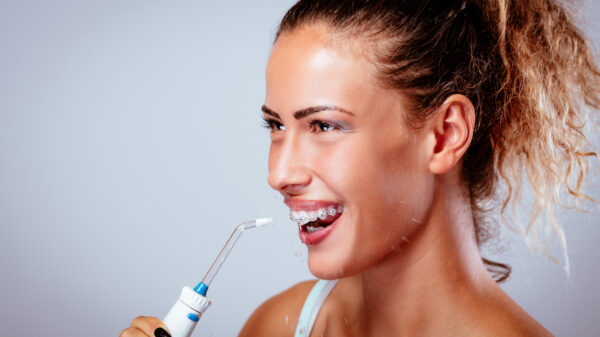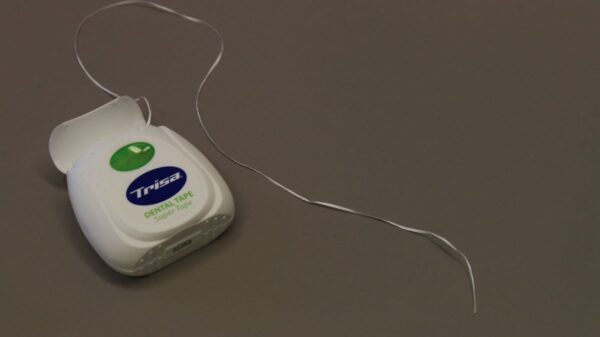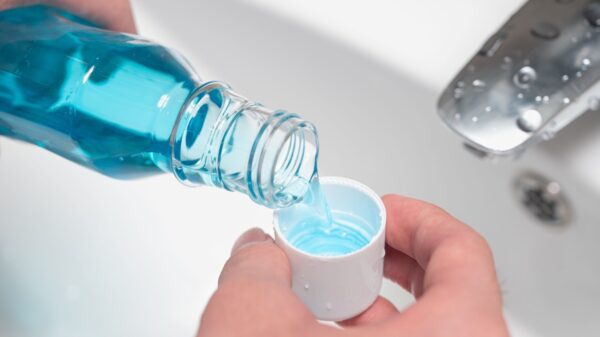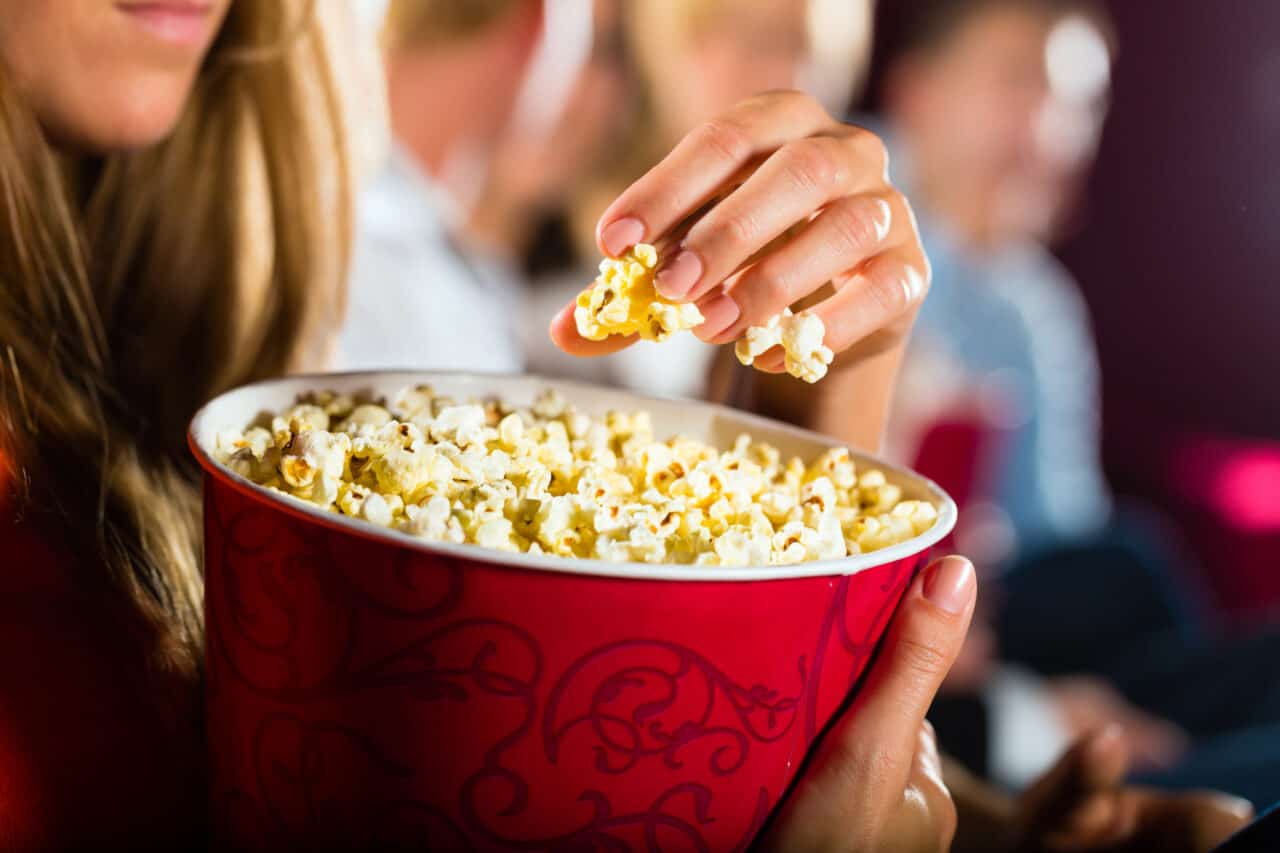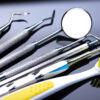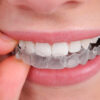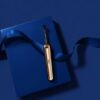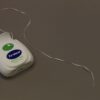Am I Allowed To Eat Popcorn After I Get My Teeth Cleaned?
I love some crunchy, salty popcorn as a snack, but after I get my teeth cleaned at the dentist, I’m always hesitant about eating anything, including popcorn. I decided to put my mind at ease once and for all by doing some research on what is and isn’t acceptable to eat after a dental cleaning.
So, is it okay to eat popcorn after I get my teeth cleaned? Yes, it is OK to eat popcorn after you get your teeth cleaned, as long as it doesn’t irritate your gums and you didn’t receive a fluoride treatment. If you did, you shouldn’t eat or drink anything for at least 30 minutes.
While you’re technically allowed to eat popcorn after a tooth cleaning, there are a few reasons why you may not want to.
Eating After a Dental Cleaning
When dentists clean your teeth, they use a mild abrasive to remove plaque and stains from your teeth. This can cause your gums to become slightly irritated in the hours after your teeth cleaning. This irritation can be increased if you eat something spicy, crunchy, or that can get stuck in your teeth, like popcorn.
If you’re experiencing pain in your gums after a dental cleaning, it’s best to take it easy on eating or drinking anything for at least an hour. After that time has passed, feel free to enjoy some crunchy popcorn. If you continue to experience significant irritation, however, give your dentist a call.
In addition to gum irritation, a dental cleaning can cause temporary sensitivity to foods that are especially hot or cold. You may also experience sensitivity to foods that are sticky, acidic, or spicy, so it’s best to avoid these for a few hours after your cleaning as well.
Instead, try choosing foods that are lukewarm and easy to eat. Think soft bread, soups, yogurt, and smoothies. These foods are better for your sensitive gums and teeth after a dental cleaning.
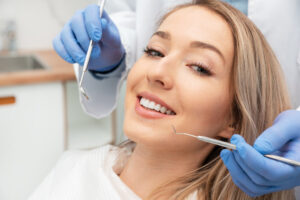
What About Fluoride?
If you had a fluoride treatment during your visit to the dentist, don’t eat or drink anything until it’s worn off, which usually takes about 30 minutes. This includes not only popcorn but also other snacks and drinks, including water.
The fluoride the dentist put on your teeth helps to protect them against cavities, so it’s important to avoid anything that will wash the fluoride away while it’s still working its magic.
After 30 minutes have passed, you can enjoy your snacks, drinks, and meals as usual. Just be sure to brush your teeth afterward to remove any plaque or stains.
In conclusion, it is safe to eat popcorn and any other snack after a dental cleaning as long as you don’t have any gum irritation and you didn’t receive a fluoride treatment.
Eating After a Dental Procedure
A dental procedure such as getting a filling, crown, or sealant is usually more intense than a cleaning. Because of this, you’ll need to be even more careful about what you eat afterward. If at all possible, avoid eating anything for a few hours after your procedure to give your mouth a chance to heal.
Most minor procedures won’t cause you to have to abide by any specific dietary restrictions, but if you have stitches or have been told not to eat anything because of tissue trauma, then it’s important to follow the dentist’s directions carefully.
Even if your procedure didn’t require stitches, sometimes dentists will also instruct patients not to eat sticky, hard, or crunchy food for a few hours or days after a dental procedure. If you want to avoid potential pain and having to go back and have your procedure done again, stick with soft foods like yogurt, smoothies, and soups.
You should also stay hydrated after your cleaning or procedure, as this will also help your mouth heal properly and reduce the chance of infection.
Focus on drinking water, though, and not dark or sugary drinks like coffee, tea, and soda. Of course, if your dentist instructed you not to drink anything for a time, abide by that and don’t even drink water.
What Happens To Your Teeth During a Dental Cleaning
During a dental cleaning, a dentist or hygienist will scrape your teeth, removing any plaque and tartar buildup. This is safe and effective, but the friction and sharp tools may irritate your gums and cause your teeth to temporarily be more sensitive than usual.
The dentist also may give you a fluoride treatment to strengthen your enamel. After that, they’ll polish your teeth with slightly abrasive toothpaste to make them even brighter.
Depending on your dental needs, your dentist might decide your teeth need a scaling rather than a basic cleaning. In this procedure, the dentist will use a special tool called a scaler to scrape away any excess buildup on your teeth. This is a more intense procedure than a cleaning is, so it’s important to avoid eating anything for a few hours afterward.
Once you can eat again, you should choose soft food that doesn’t require using your teeth, like yogurt or a smoothie. You should also avoid drinking anything dark or acidic, like coffee, tea, or soda.
Foods That Can Harm Your Teeth Anytime
Whether you’ve had a dental cleaning or not, some foods can be harmful to your teeth and gums. These include:
- Hard candy
- Ice
- Popcorn kernels
- Sticky foods like caramel and taffy
- Acidic foods like lemons
- Sugary drinks
These foods can all damage your teeth by causing cavities, erosion, and plaque build-up. If you chew something hard like hard candy or ice, you can also create cracks or chips in your teeth. Whether you see them or not, these chips and cracks can make your teeth more susceptible to decay.
Foods that are sticky, acidic, or sugary should be eaten in moderation whether you’ve recently been to the dentist or not.
These foods can cause plaque build-up and gum disease, which will only make your teeth more susceptible to further damage. If you do eat something sugary, make sure to brush your teeth afterward to remove the sugar and plaque.
In addition, smoking and drinking dark beverages such as coffee, soda, or red wine can also cause stains on the surface of your teeth. These discolorations will make your teeth look dingy and more yellow, which can make it more difficult to keep them clean.
It’s important to be mindful of what you’re eating and drinking, especially if you’re trying to keep your teeth healthy. By avoiding or limiting these harmful foods, drinking plenty of water, and brushing your teeth twice a day, you’ll be doing your pearly whites a favor.
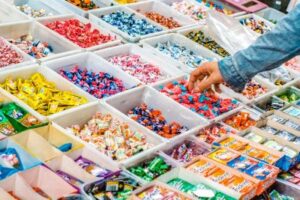
Foods That Are Good For Your Teeth
As long as you’re careful about what you eat, many healthy foods can help keep your teeth strong and white.
Fruit
Fruits like oranges, apples, berries, and pears can all help prevent plaque buildup because of their high water content.
They also contain natural sugars called sorbitol which help stop bacteria from growing. Just make sure you drink water throughout the day brush your teeth at night to make sure those sugars don’t stick to your teeth and cause cavities.
Vegetables
Starchy vegetables like sweet potatoes can clean plaque off your teeth by acting as a scrubbing agent. Asparagus is another great vegetable to eat for its cleansing effect on the teeth thanks to its high fiber content.
Other leafy green vegetables like kale and spinach contain calcium, magnesium, potassium, and folate which contribute to overall oral health.
Dairy
Mozzarella cheese contains an ingredient called casein which can have a cleansing effect on your teeth. It also contains calcium, phosphorus, and amino acids that prevent tooth decay and strengthen enamel.
Milk also offers many of the same benefits cheese does, and yogurt is a good source of probiotics that can help keep your gums healthy.
Water
Make sure to drink at least eight glasses of water a day, not only for your skin and hair but for your teeth as well. Water washes away food particles and bacteria that can cause plaque and gum disease.
When it comes to your oral health, it’s important to be mindful of what you’re eating and drinking. By avoiding harmful foods and drinks and eating plenty of healthy ones instead, you’ll help keep your teeth clean and strong.
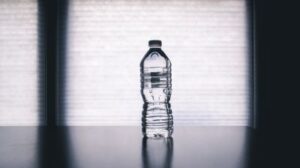
Related Questions
Why do my teeth hurt when I eat ice cream? Tooth sensitivity is caused by the gums receding, exposing the root surface of the tooth. When this occurs, air can pass along the root surface causing pain or cold sensitivity when eating something like ice cream.
This can be caused by several factors including poor oral hygiene and excessive brushing. If you experience tooth sensitivity, try using a softer toothbrush and a toothpaste designed to protect the exposed roots. If you’re experiencing persistent pain, however, you should seek your dentist’s advice.
How often should I get a dental cleaning? You should get a dental cleaning every six months to remove plaque and tartar build-up. If you have gum disease, diabetes, or are pregnant, you may need to get cleanings more frequently. Talk to your dentist about what’s best for you.



